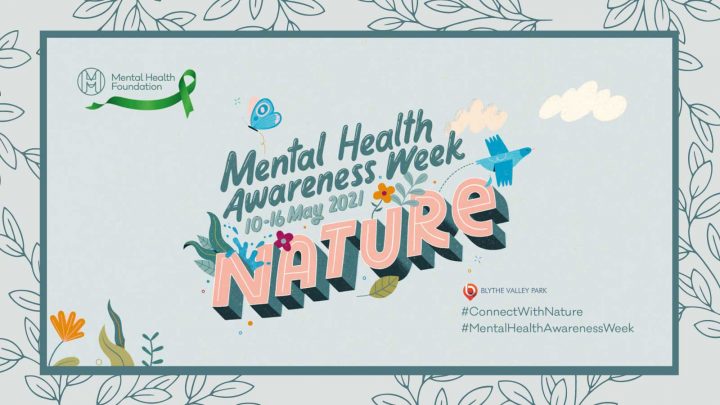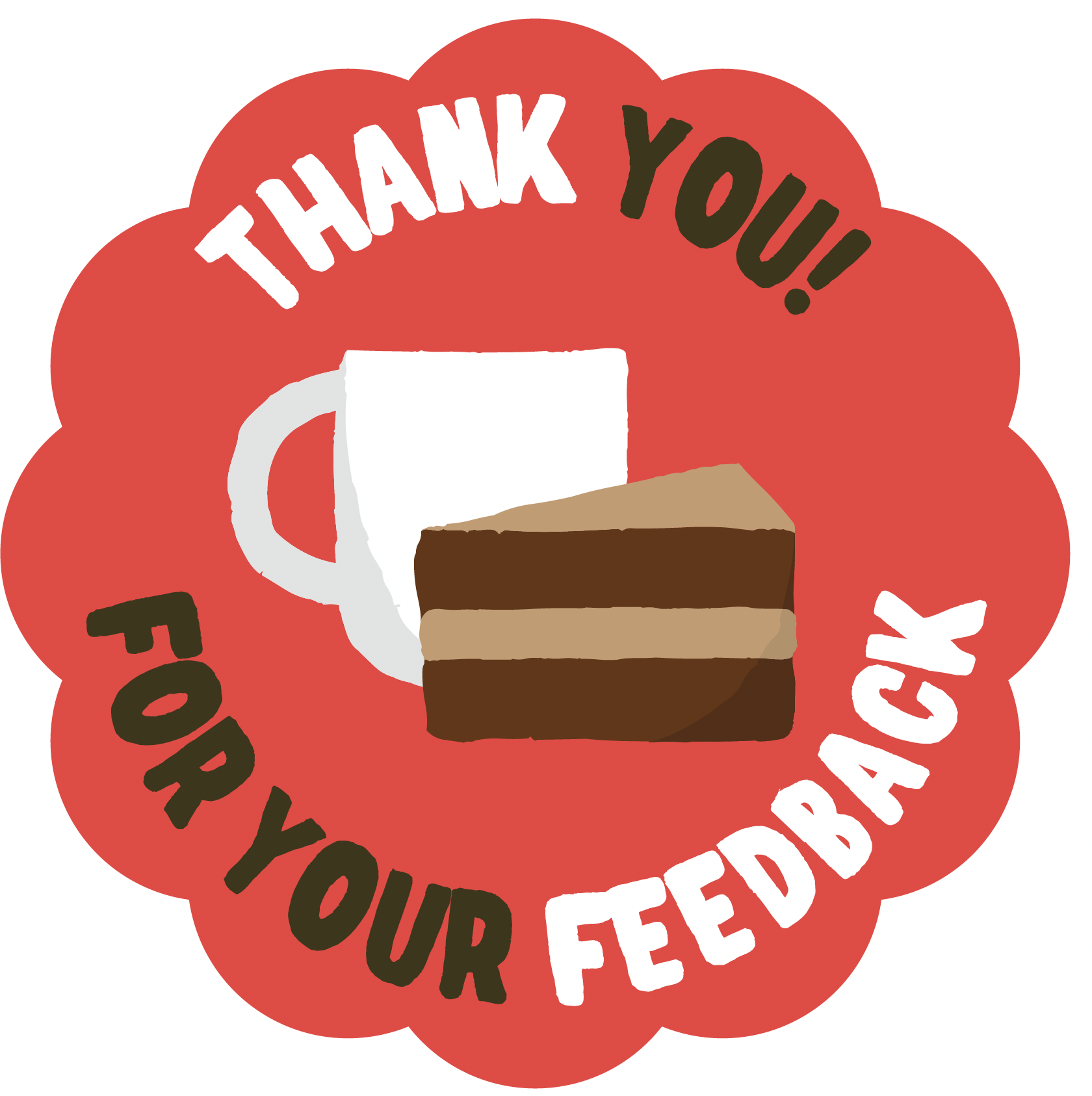This week is Mental Health Awareness Week (10th to 16th May 2021) and the theme this year is: Nature!
Why Nature?
Nature is crucial to our psychological and emotional health; for most of history we lived as part of nature. However, The Mental Health Foundation reports that it was only following a 1960s study in the US which found patients who were treated in hospitals with a view of nature recovered faster, that science started to realise and investigate the connection between nature and its associated health benefits.
Mental health charity, Mind, states that spending time in green space or bringing nature into your everyday life, such as growing food/plants, exercising outdoors or being around animals, can: improve your mood, reduce feelings of stress/anger, improve your physical health, improve confidence and self-esteem, help you be active, and provide peer support.
The Mental Health Foundation’s intention by choosing “Nature” as the theme this year, is to inspire more of us to connect with nature in new ways and realise the impact that this can have on our mental health.
The beginning of the COVID-19 pandemic, and the lockdown that followed, saw the nation turn to nature. The Government advice that enabled outdoor exercise once a day, meant more of us were going for walks, and, when able, socialising whilst socially distanced/exercising with a friend was something only allowed outdoors.
The Mental Health Foundation found in their research on the mental health impacts of the pandemic, that going for walks outside was a top coping strategy for us, and that 45% of those surveyed reported that being in green spaces had been vital for their mental health. It was also found that hits on websites that showed live footage of wildlife increased by over 2000%!
It is clear that during one of the most trying times in recent history, we turned to nature and the outdoors; initially this was due to our choices being limited, but then became something to help us cope. Being amongst nature and staying active by walking has been one of the silver linings of the pandemic for many.
Blythe Valley Park is surrounded by 122 acres of beautiful parkland – we actively promote the use of this park and aim to protect the variety of wildlife within it through sustainable practices and a focus on biodiversity. As part of our #WellnessAtWork campaign, we’ve promoted the benefits of nature on mental health and wellbeing since 2017, researching and reporting on topics such as: Biophilia, Horticultural therapy, and even simply walking!
So whether you’re visiting the country park to see the wildlife (head here to read more about our “Nurture Nature” project on site at BVP!), are a resident getting your daily steps in, or work on site and need to de-stress/get some vitamin D whilst on a break – the benefits are endless, and the country park is on your doorstep. If you’re reading this and aren’t familiar with the walking routes, head here – you can also read the #WAW piece from 2020 during lockdown, in which we explored how exercise and the outdoors can improve our mental health.
More recently, as April was Stress Awareness Month, our last #WAW piece promoted the importance of exercise to help with stress, which can be something as simple as walking to the shop and getting fresh air. Additionally, the first tip on the Stylist’s article “How to relieve stress quick” found here, is to get outside!
If you need help documenting and analysing how you feel before and after you interact with nature, head to the download section in the sidebar where you’ll find the Mental Health Foundation’s Nature Journal!
May is also “National Walking Month”, so make sure to keep an eye on Bulletin and our social media channels, as we’re going to report on the benefits of walking, and in particular: “Mindful Walking”.
References:
https://www.mentalhealth.org.uk/campaigns/mental-health-awareness-week/why-nature








